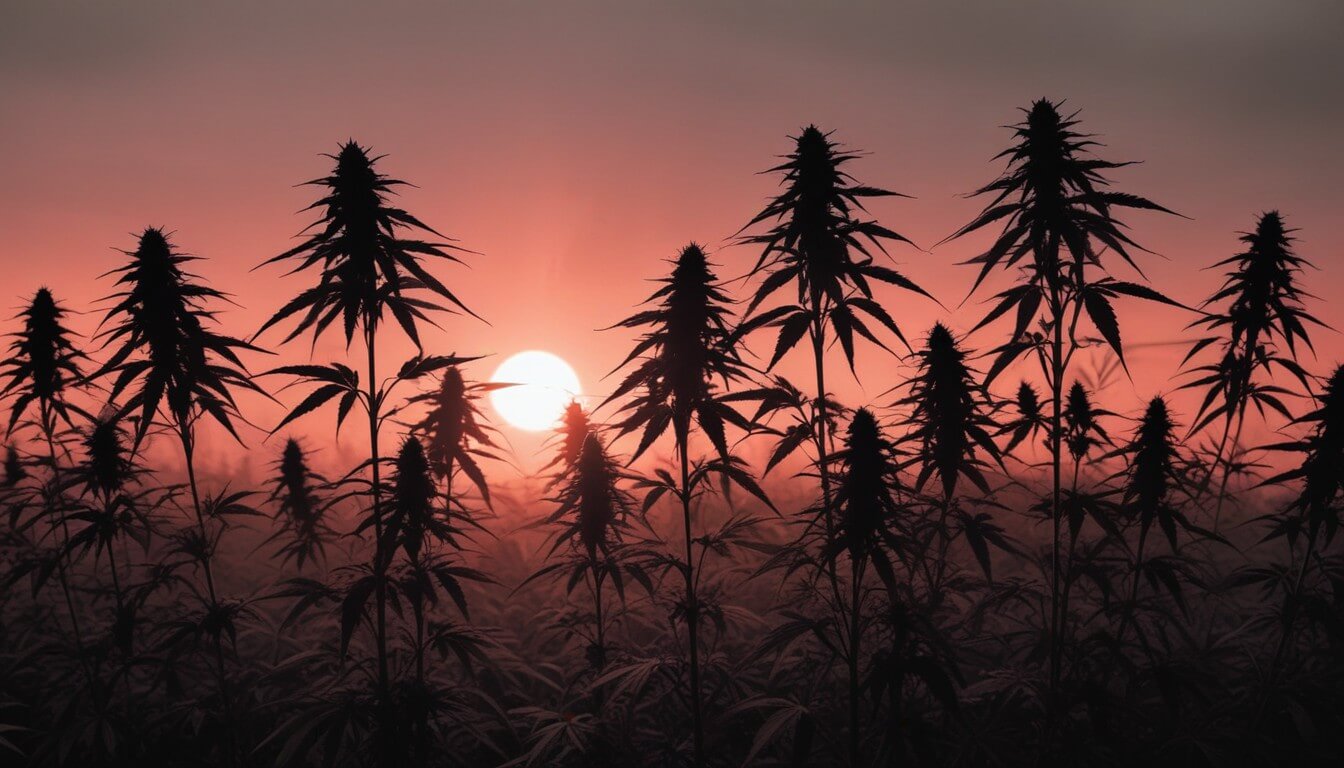The Japanese government has recently unveiled comprehensive proposals aimed at regulating the use of CBD in finished products, which include stringent THC limits. These upcoming changes could significantly reshape the market landscape for hemp cultivators and manufacturers, potentially leading to higher prices, increased testing costs, and eliminating broad-spectrum products. As stakeholders await further clarification and guidelines, Japan’s unique approach may serve as a pivotal moment for the global cannabis industry.
Government proposals and their implications
In November 2023, Japan adopted new legislation, which now extends into detailed proposals concerning CBD-based finished products. The primary concern centers around setting low permissible THC levels in these products. Under these regulations, CBD will be allowed in food items, provided that stringent THC thresholds are maintained. This effectively means that isolate-based CBD products will likely dominate the market, pushing out other forms like full-spectrum or broad-spectrum options, which naturally contain higher percentages of various cannabinoids.
Expert opinions on new standards
Dr. Yuji Masataka, a prominent figure in Japan’s medical cannabis sector, highlighted several consequences of the proposed THC limits. According to him, not only will these regulations raise barriers for parallel imports, thereby maintaining high product prices, but they’ll also benefit companies specializing in testing services due to the advanced equipment required for detecting extremely low THC levels. Despite these potential benefits, the homogenization of products is seen as a threat to the ‘entourage effect’—a term referring to the beneficial synergistic effects produced by using multiple cannabinoids together.
Regulatory challenges and industrial shifts
Implementing these stringent standards poses challenges for various stakeholders. Businesses face uncertainty, primarily because no clear standard has been proposed for raw materials. Industry voices argue that this is contradictory since concentrated raw materials might exhibit relatively higher THC levels compared to processed final products despite minuscule amounts being present. Consequently, manufacturers increasingly struggle to ensure compliance, raising additional concerns about production feasibility and cost.
Cost implications and market reactions
Strict THC detection requirements necessitate advanced technological solutions, driving up the costs associated with compliance and testing. This economic pressure could be passed onto consumers, further inflating product prices. Moreover, it’s anticipated that broad-spectrum products—which contain a variety of minor cannabinoids in addition to CBD—could be phased out due to the inability to meet these zero-standard thresholds. This would not only limit consumer choices but could lead to increased manufacturing complexity and expenses.
Health considerations and consumer impact
One of the most significant concerns is how these new laws might affect health-conscious users. Reducing or eliminating minor cannabinoids from products raises questions about whether consumers can continue to derive the same health benefits previously associated with a broader range of cannabinoids. The entourage effect, considered advantageous for overall efficacy, could be notably diminished under these tight restrictions.
Feedback and future adjustments
Stakeholders have until mid-June to provide feedback on the proposed guidelines. While some praise the alignment of these measures with international standards, others fear that such extreme limitations will ultimately disadvantage producers and consumers. Detailed discussions and consultations could foster more balanced regulation in the future.
Global comparisons and industry prognosis
Should Japan adopt these proposals, its regulations would set far stricter THC limits than those found in European or American markets, where tolerance levels are notably higher. This distinctive approach could either position Japan as a leader in safety and compliance or place its market at a competitive disadvantage globally due to restrictive practices.
Long-term predictions
If successful, Japan’s stringent regulatory framework may pave the way for similarly rigorous policies in other nations considering tightening their THC limits. Conversely, the pressures on local businesses could stifle innovation and discourage new entrants, impacting the overall growth of Japan’s fledgling CBD industry. Japan’s new legislative proposals impose challenging THC limits on CBD products, shaping a unique regulatory environment. While these measures might enhance product uniformity and safety, they also pose substantial operational and financial burdens on the industry. Both domestic and international stakeholders must closely follow developments, bearing in mind that feedback periods could still influence the final adjustment of regulations. The landscape for CBD products in Japan remains fluid, with forthcoming policies potentially altering market dynamics and consumer experiences for years to come.





